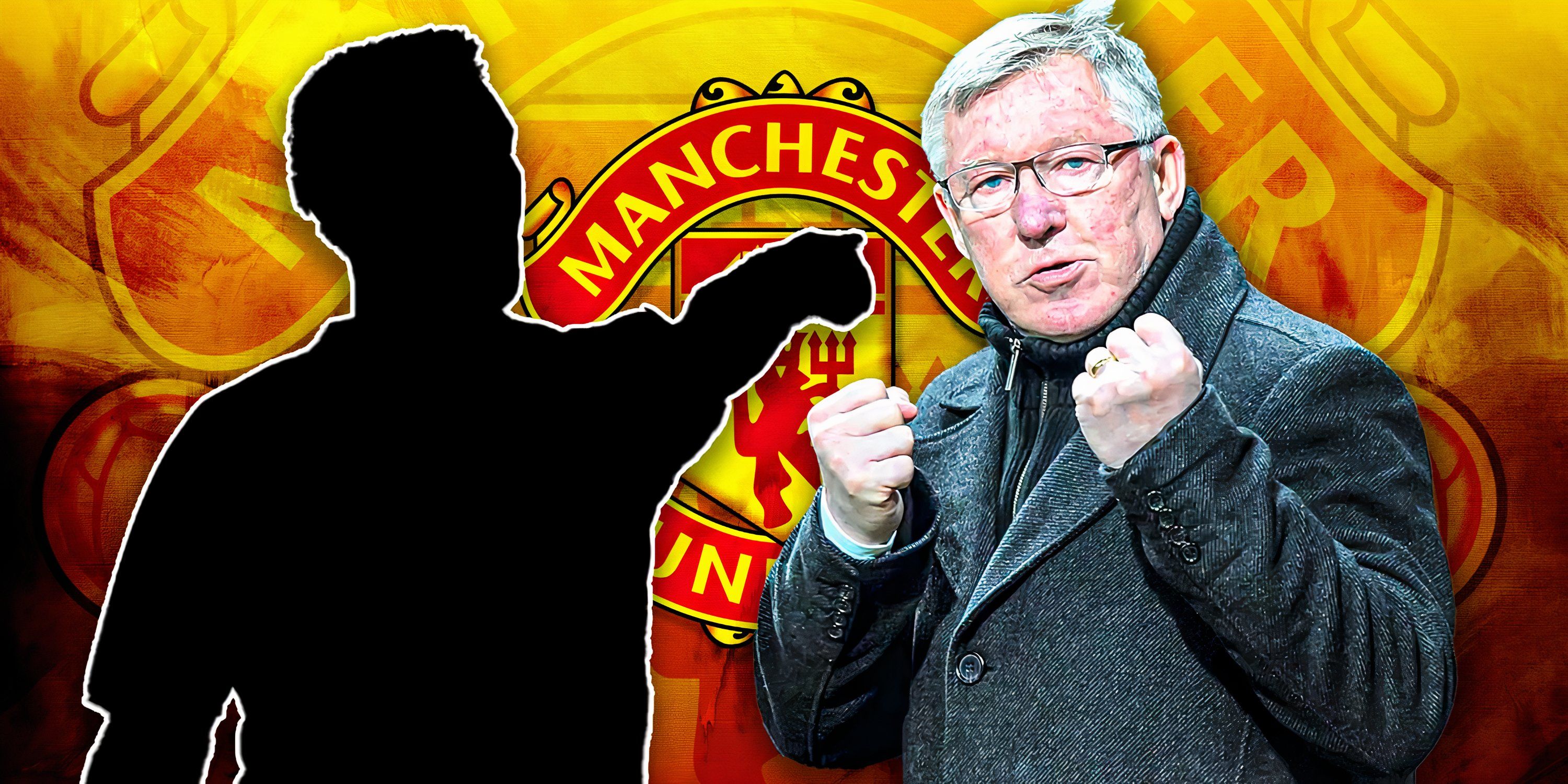

Tactical Insights: Analyzing Premier League Managers' Touchline Behavior
This past weekend, BBC Sport undertook an intriguing analysis of Premier League managers, observing their movements and behaviors during matches. The findings reveal that managers spent an average of nearly a quarter of the game standing outside their designated technical areas, a tactic that may influence their players' performance.
The analysis highlighted that a calm and composed demeanor from managers can positively affect players, providing them with the mental space needed to execute game plans effectively. According to data collected from the matches, when managers appeared composed and in control, it corresponded to a more focused performance from their players. Specifically, players were found to perform better when their managers maintained a steady presence on the touchline, which could lead to improved on-field communication and tactical adjustments.
"If you're a football manager, there is data suggesting that if you look calm, composed, and in control, that will transmit and convey to the players. The more calm you look, the more calm your players will be, and they'll then have the headspace to go out and execute whatever your gameplan is," noted a BBC Sports analyst during the report.
This observation raises questions about the evolving role of managers in the Premier League. With the intensity of matches at an all-time high, the ability to maintain composure while actively engaging with players could be a critical factor in achieving success. The variety of managerial styles observed also underscores the diverse approaches to leadership in the league, from the animated to the composed.
The Managerial Spectrum
In the Premier League, we see a spectrum of managerial styles. For example, Jürgen Klopp of Liverpool is known for his passionate and often animated presence, rallying his players from the sidelines. His high-octane approach perfectly aligns with Liverpool’s aggressive playing style, often leading to electrifying performances.
On the other hand, Mikel Arteta of Arsenal adopts a more composed demeanor, often seen directing his players with calm precision. Arteta's tactical acumen is reflected in how his players execute intricate game plans, even under pressure. This contrasting style shows that managers can influence their teams differently, depending on their philosophy and the emotional climate they create on the pitch.
Analyzing Touchline Behavior
This week's analysis not only sheds light on the tactical nuances of the Premier League but also emphasizes the psychological aspects of football management, making it a fascinating topic for fans and analysts alike.
-
Interaction and Communication: Managers who frequently step outside their technical area often engage in more direct communication with players, which can lead to immediate tactical adjustments. Coaches like Pep Guardiola, who are known for their precise tactical setups, often use this approach to directly influence player positioning and decision-making in real-time.
-
Emotional Engagement: The emotional engagement a manager displays can also affect player morale. A manager who shows frustration or anxiety can inadvertently increase pressure on players, impacting their performance. This aligns with the psychological concept of transference, where one person's emotional state influences another's behavior.
-
Statistical Implications: The BBC's analysis found that managers who maintained a steady presence on the touchline were correlated with higher team performances. For instance, teams managed by individuals who showed less variance in emotional displays had better pass completion rates and fewer turnovers.
As the season progresses, the impact of managerial presence on team dynamics will be an interesting aspect to monitor, especially as clubs vie for crucial points in the race for European qualifications and the title.
Key Takeaways
- Managers' touchline behavior can significantly influence player performance.
- A calm demeanor may enhance players' execution of tactical plans.
- The analysis provides insights into the evolving role of managers in high-stakes matches.
The findings from this analysis serve as a reminder that football management extends beyond mere tactics and strategies. It involves understanding the psychological dynamics at play and wielding influence in ways that can spur performance or cause disruption. Managers who recognize and adapt their touchline behavior could very well hold the key to unlocking their teams' potential in this fiercely competitive league.
As the Premier League narrative continues to unfold, fans and analysts alike will eagerly observe how these touchline antics play a vital role in the pursuit of glory.
For more insights, you can read the full report on BBC Sport.